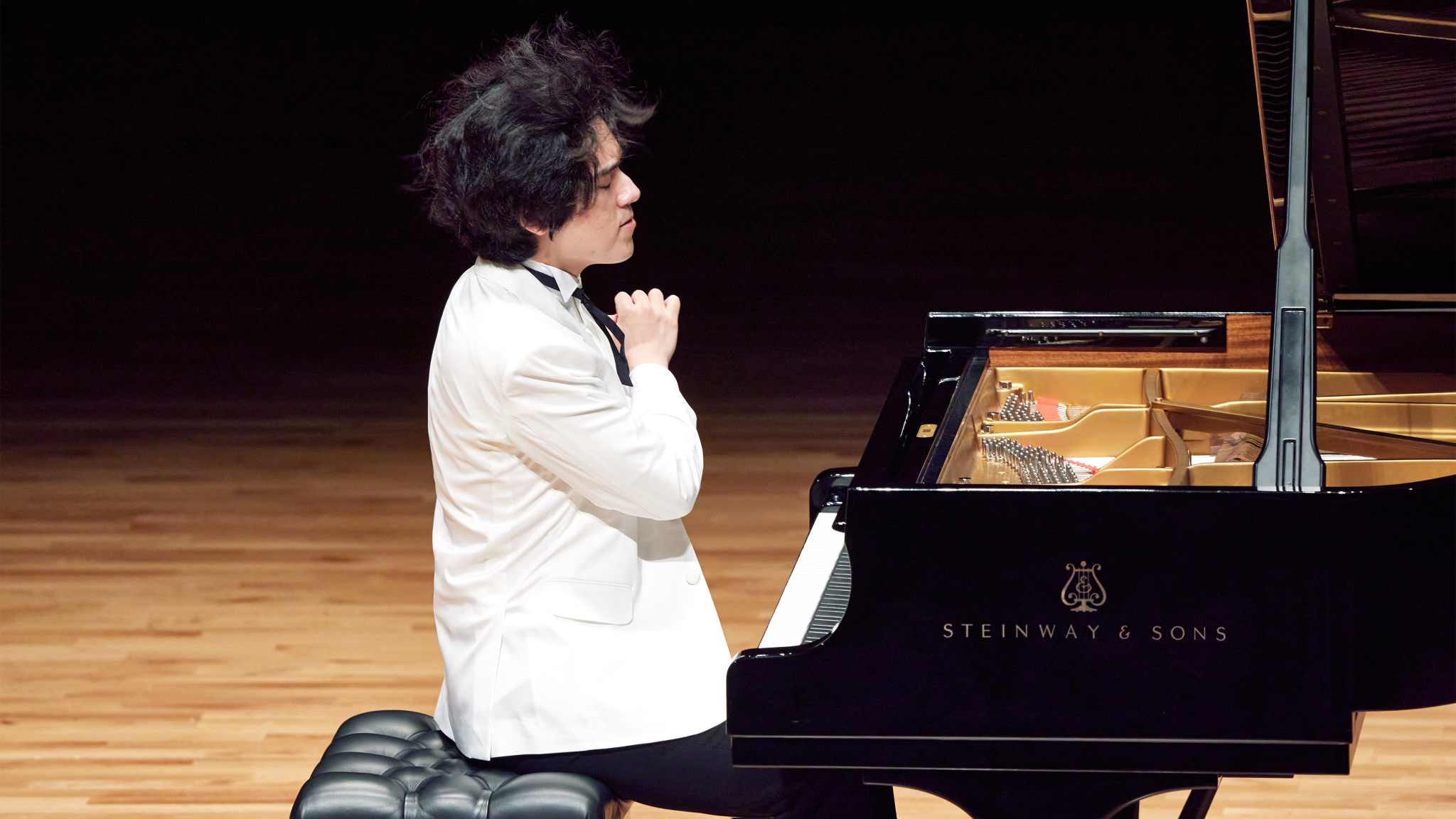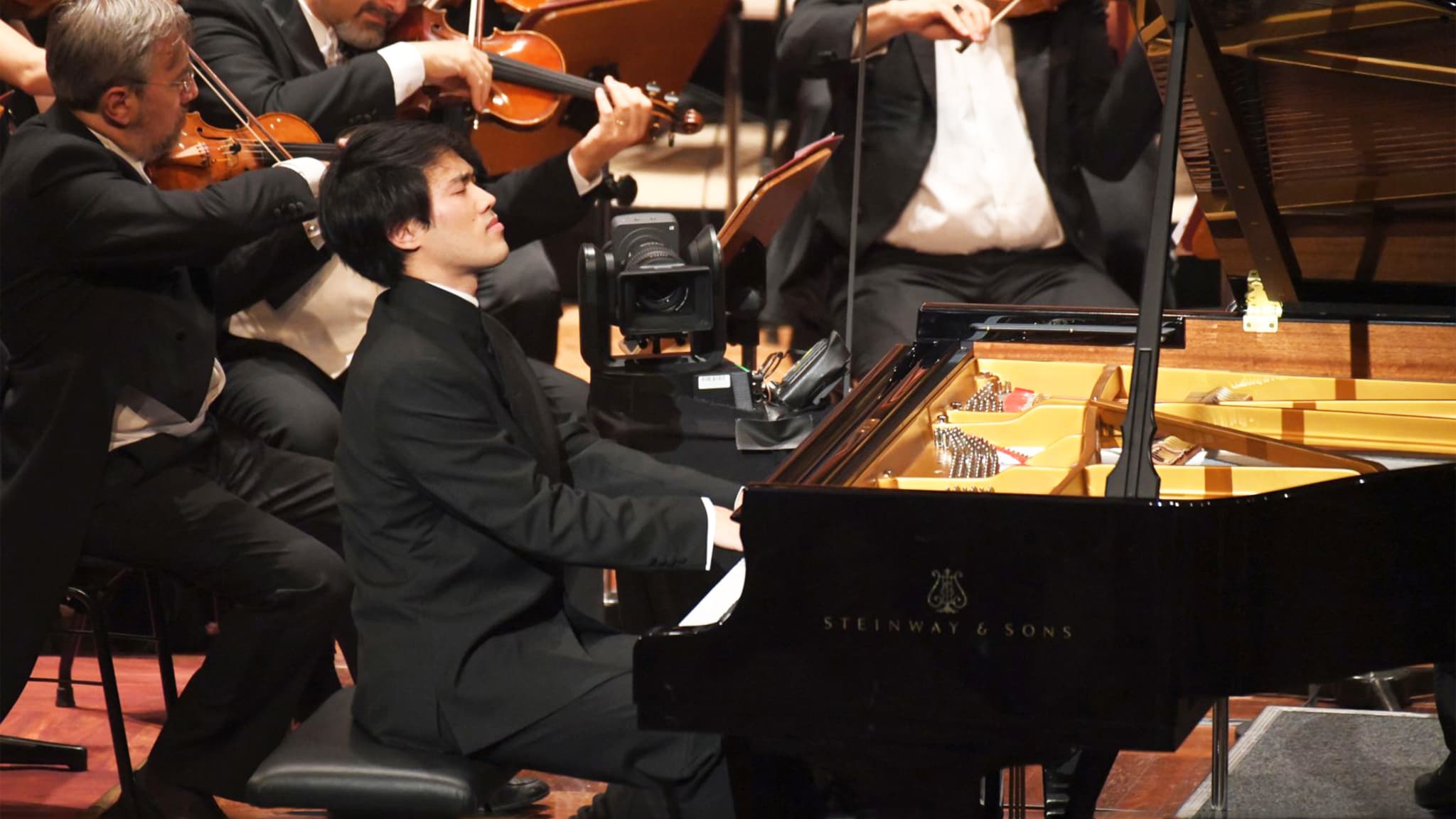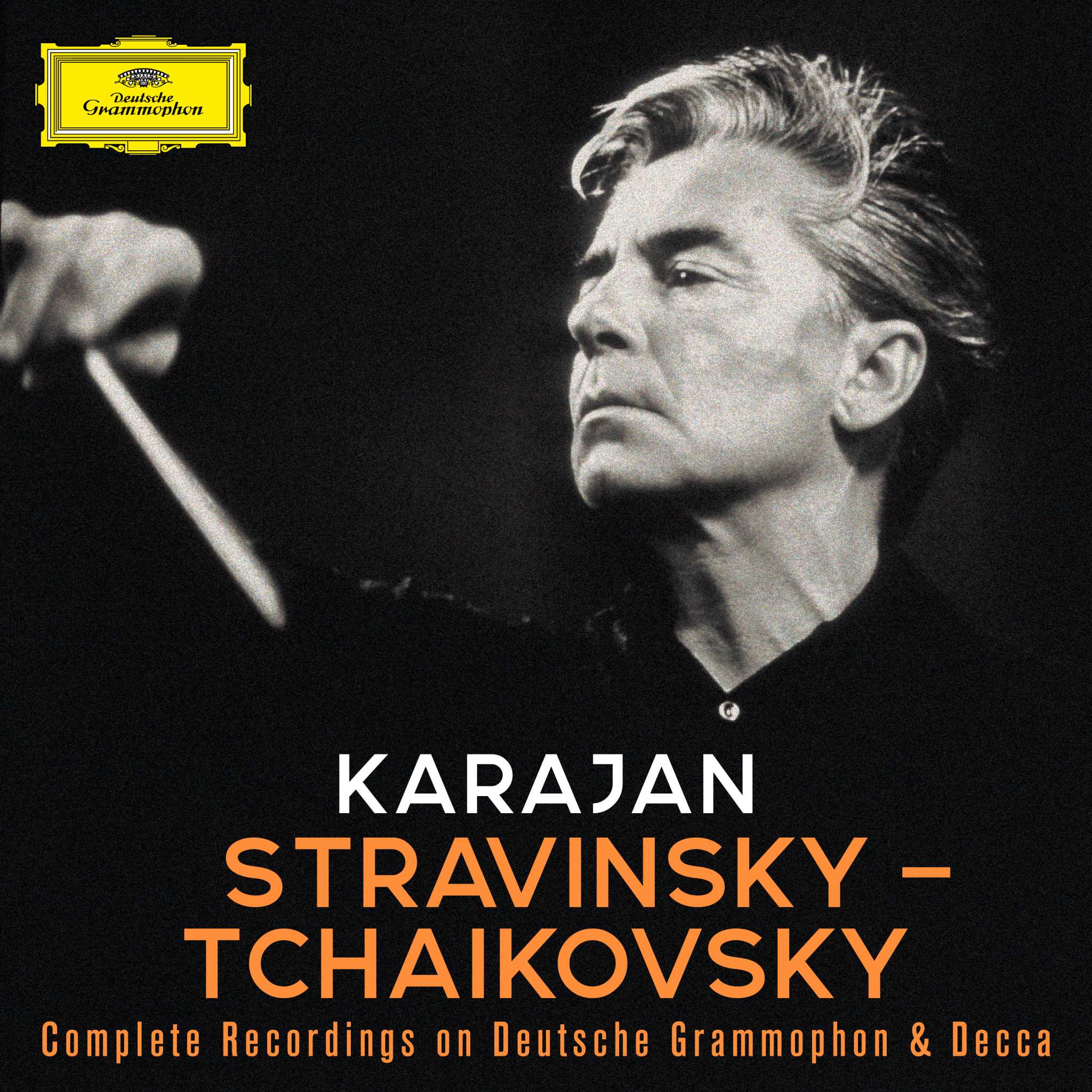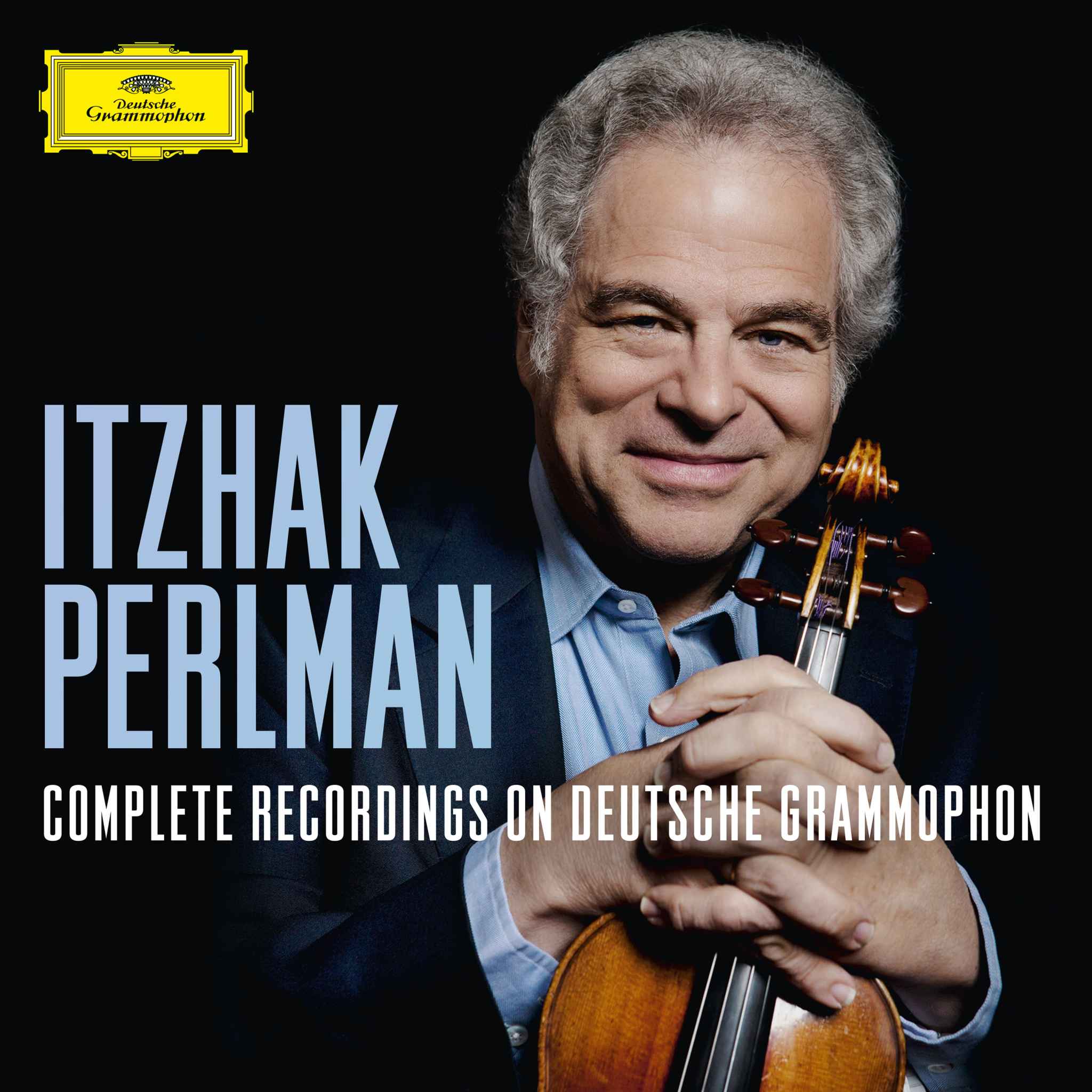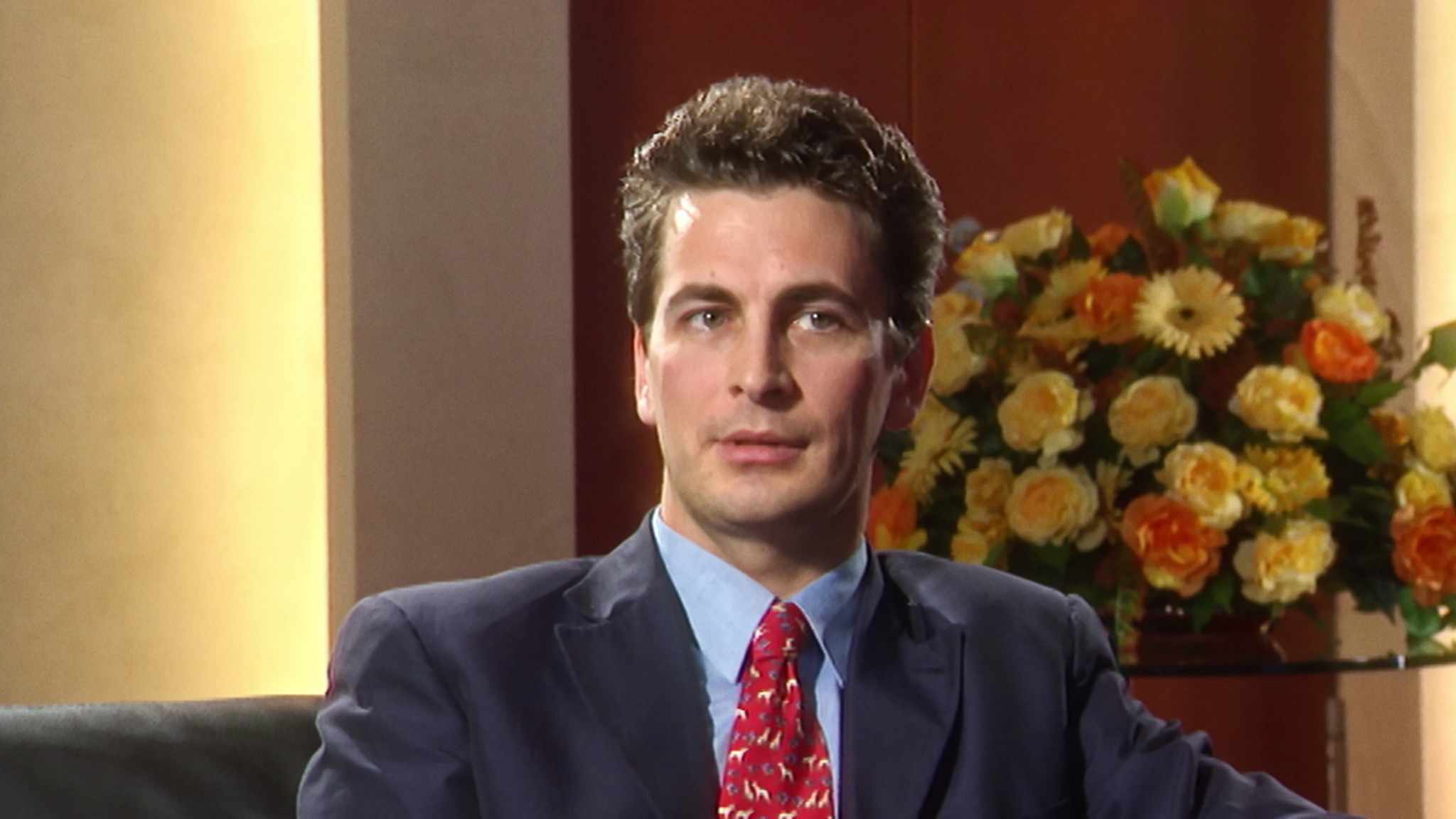Pyotr Ilyich Tchaikovsky: Life and Legacy
Pyotr Ilyich Tchaikovsky stands as one of the great composers of the Romantic era, renowned for his profound emotional expression and mastery across diverse musical genres. Born the son of a mining engineer, Tchaikovsky initially pursued law and government at the School of Jurisprudence in St. Petersburg. After a period working as a clerk in the Ministry of Justice, he enrolled at the St. Petersburg Conservatory as its first composition student. He later became a professor of harmony at the Moscow Conservatory, where he taught from 1866 to 1878. Tchaikovsky's turbulent personal life, including the failure of his marriage, deeply informed his music, imbuing it with extraordinary emotional sincerity and depth. Financial support from the wealthy widow Nadezhda von Meck between 1878 and 1890 allowed him to focus entirely on composition. He achieved wide acclaim across Europe as both composer and conductor and received an honorary doctorate from Cambridge University in June 1893. His death later that year remains mysterious, with the true circumstances still debated.

